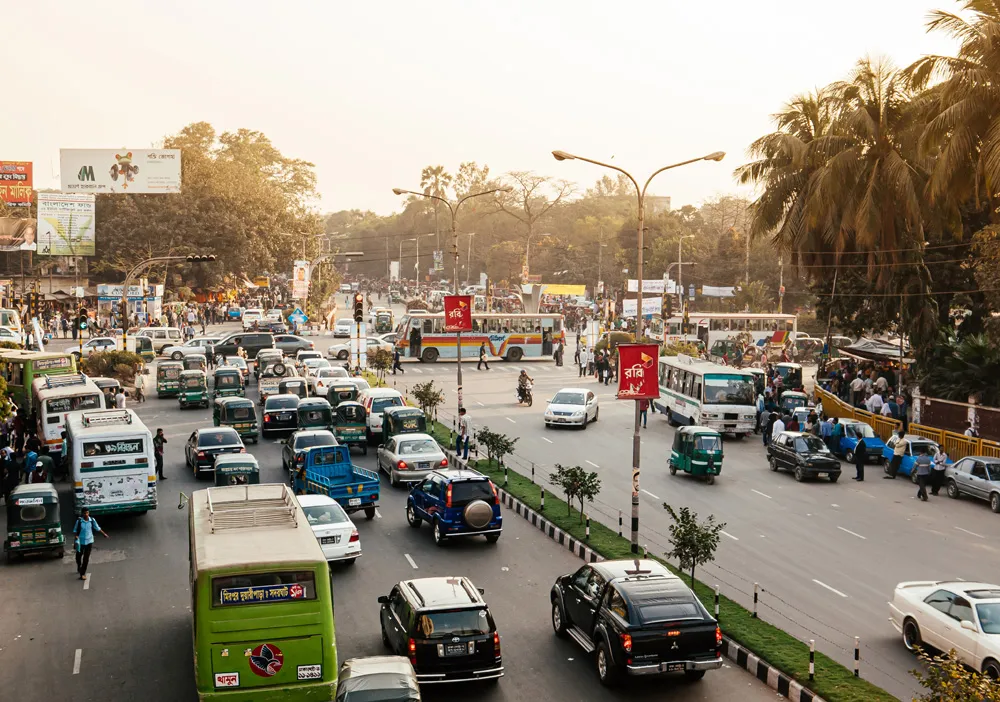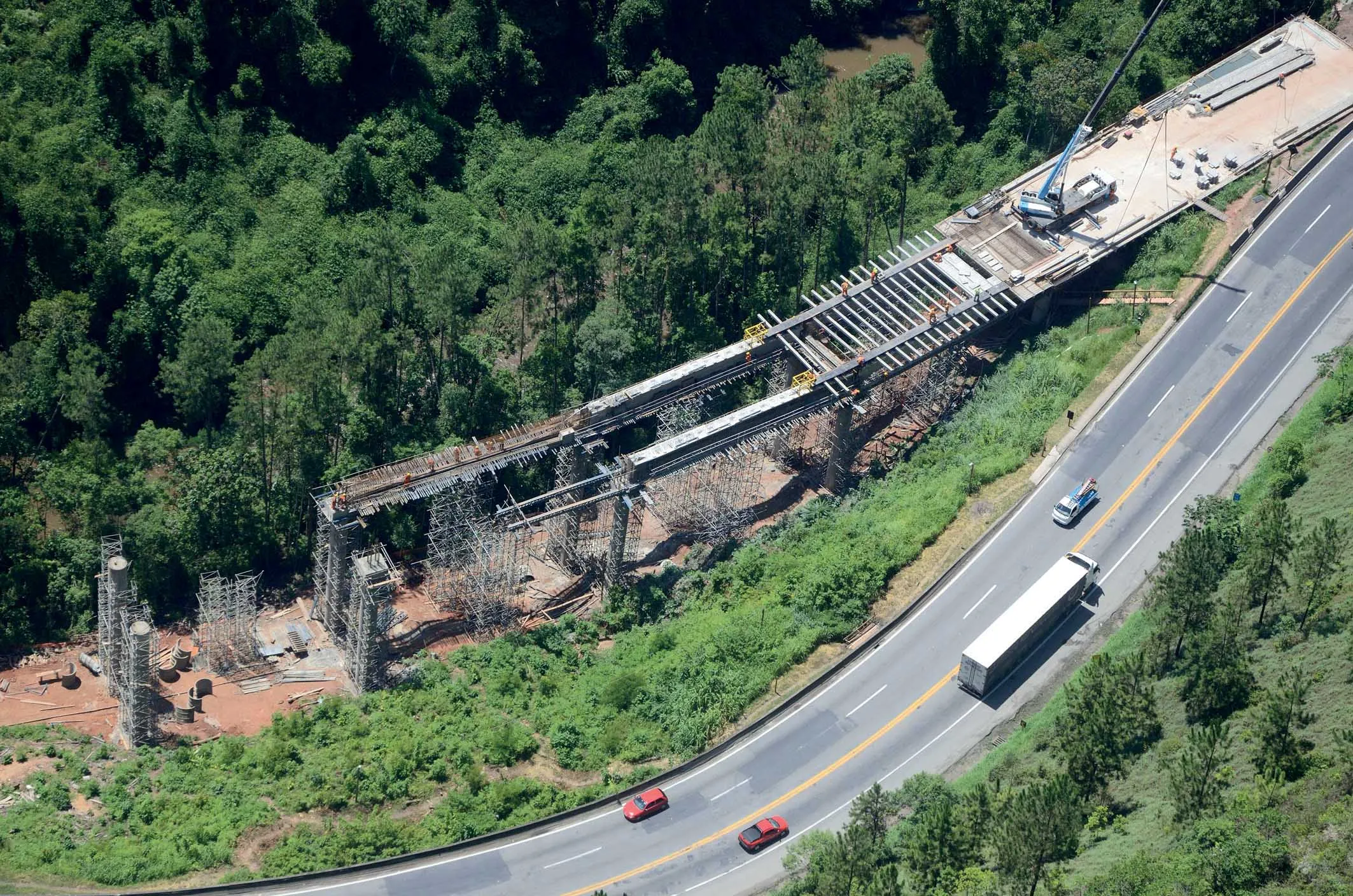New legislation is being implemented in Taiwan that may delay highway construction until February 2016. The Ministry of Transportation and Communications aims to reduce inconvenience to the public, while the ministry has gradually realised the importance of road surface quality.
December 14, 2015
Read time: 1 min
New legislation is being implemented in Taiwan that may delay highway construction until February 2016. The Ministry of Transportation and Communications aims to reduce inconvenience to the public, while the ministry has gradually realised the importance of road surface quality.
During the period, only those with a special licence will be permitted to carry out highway construction work. The applicants for the licence are required to be part of a major infrastructure plan for national defence purposes and community needs as well as to repair damage or related to regional projects.
During the period, only those with a special licence will be permitted to carry out highway construction work. The applicants for the licence are required to be part of a major infrastructure plan for national defence purposes and community needs as well as to repair damage or related to regional projects.








